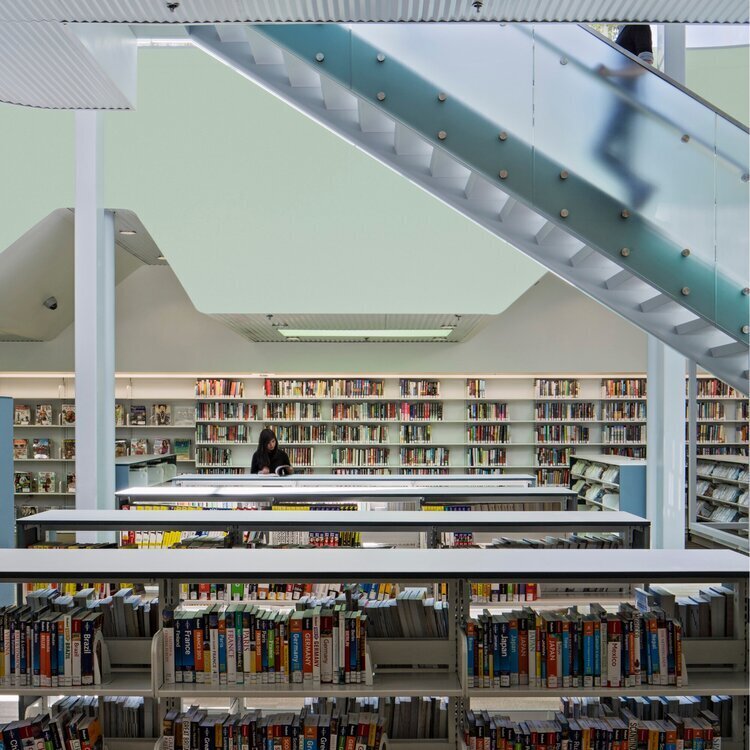Queens Public Library ends late fees
/Queens Public Library is eliminating late fines in the spirit of equity. Photo courtesy of Marble Fairbanks
By Rachel Vick
Queens Public Library is joining the city’s other public library systems in eliminating fines on late returns for books and circulated materials and erasing existing fines on thousands of accounts.
CEO Dennis Walcott, who remembers when his own late fees made him hesitate to return to the library, said the change in policy is long overdue.
“For far too long, late fines have generated fear and anxiety among those who can least afford to pay, preventing them from opening library accounts, checking out books, or even coming through our doors,” Walcott said. “Until today, countless New Yorkers have been denied the opportunity to share in the great promise of public libraries – that anyone, no matter their circumstances, can have free access to sources of learning and ideas that will help them find success and joy in their lives. “
Under the old model, cards with more than $15 in fines would be blocked — a limit that would prevent nearly 400,000 local patrons, half of whom were from low-income communities, from benefiting from the service, according to QPL.
Corona, Jamaica, Far Rockaway, and Elmhurst have the highest number of blocked cards and all have median incomes below the borough’s average.
“Late fines tell people they do not belong, and that shutting them out is simply the cost of doing business,” Walcott added. “This is not only unacceptable, but also totally inconsistent with our mission.”
QPL will also stop charging collection fees, processing fees, and fees on requests not picked up.
Patrons will still need to pay replacement fees if they lose material or be blocked from borrowing physical materials if they accrue $50 in replacement fees or have 20 or more overdue items, but even with a block on their card, patrons will be able to access digital services and materials.
“Access to knowledge is one of the great opportunity equalizers in our society, and late fees were a barrier to that access - certainly to check out books, and in many instances, it kept people from even visiting their local library,” said Councilmember Jimmy Van Bramer, chair of the Committee on Cultural Affairs and Libraries. “I’m excited for what this new chapter of equity brings to our public libraries.”




